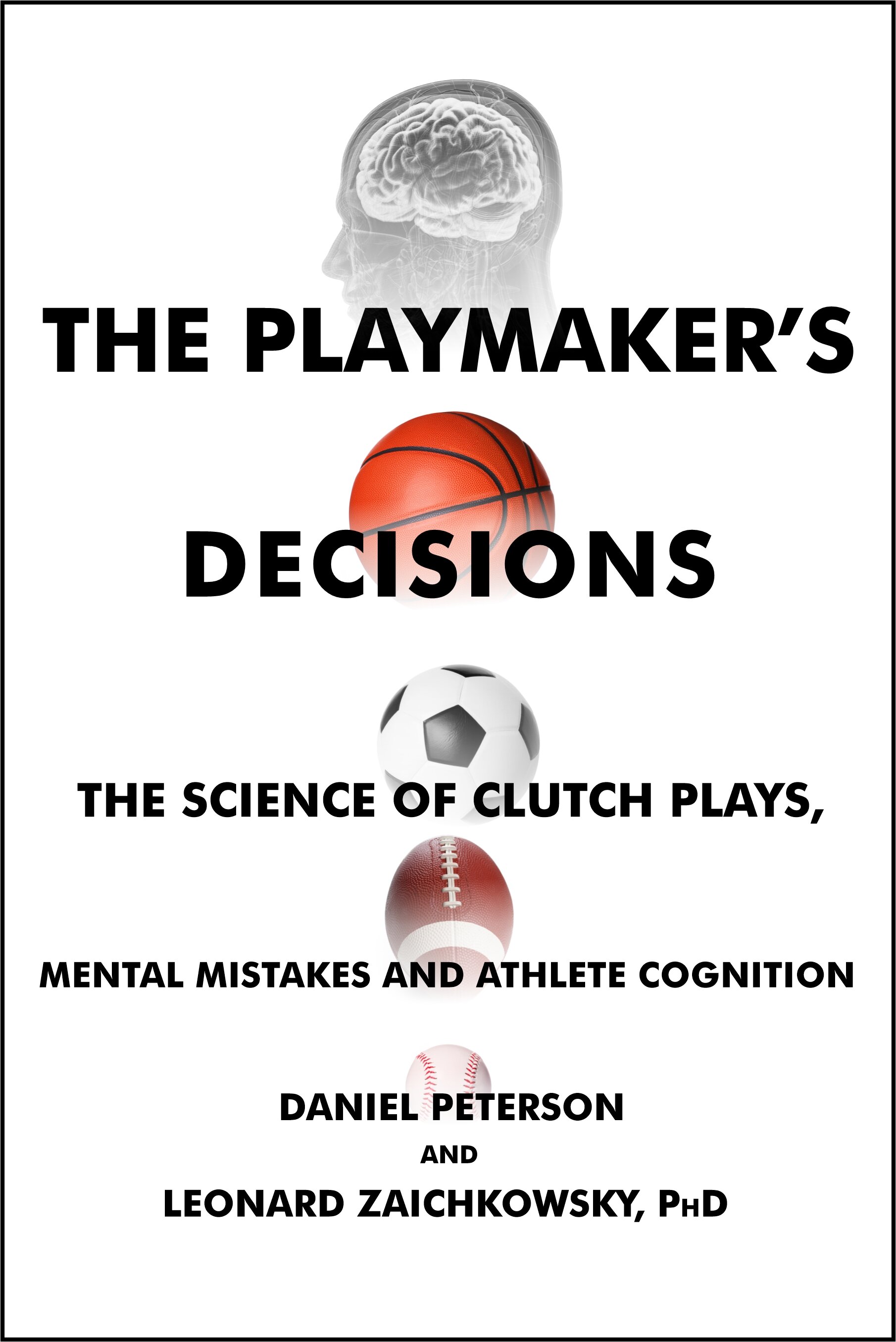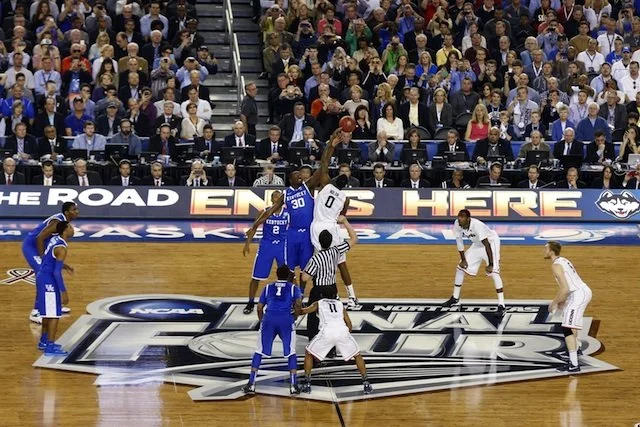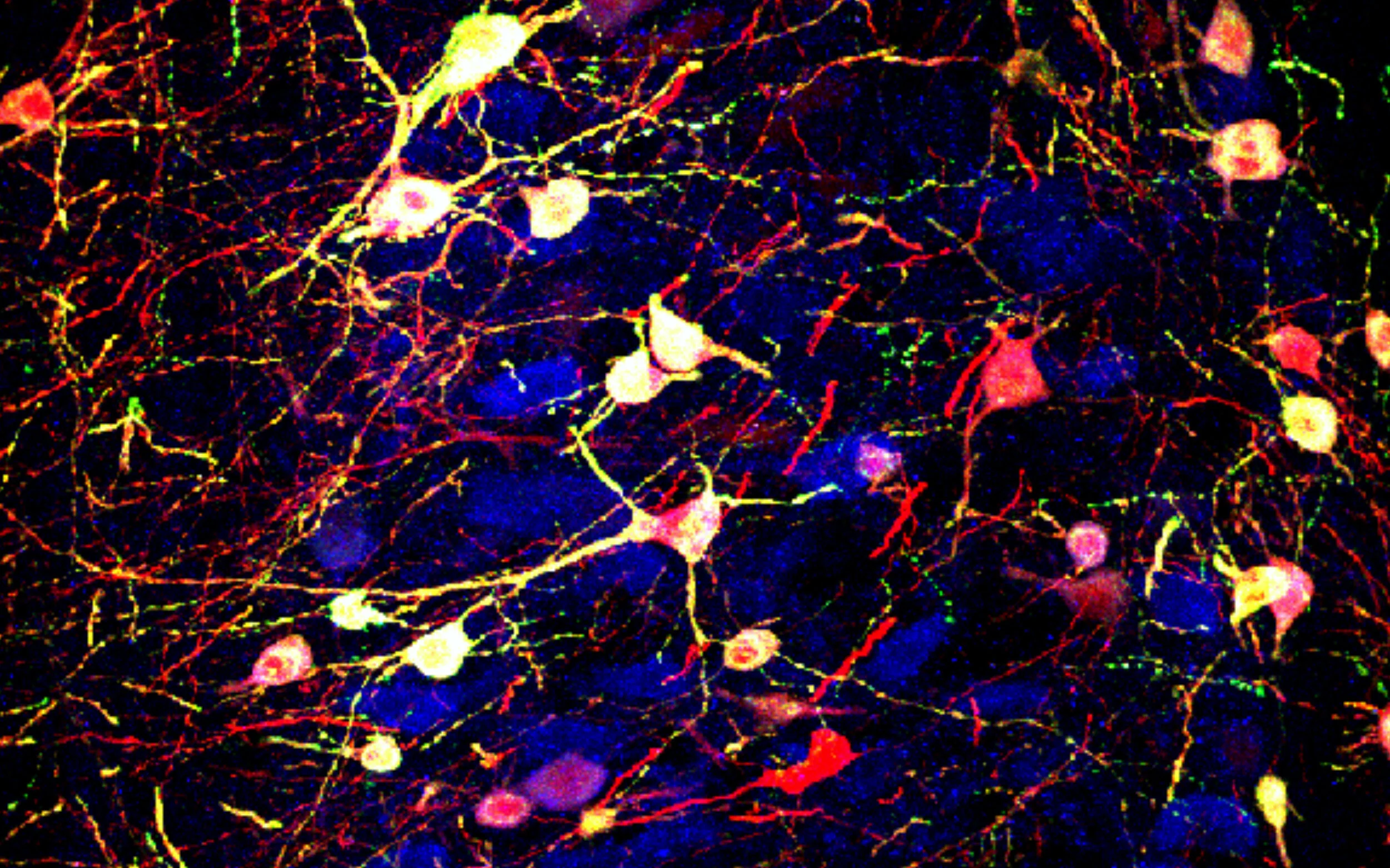Fight Fatigue By Overriding Your Brain's Urge To Quit
/
What makes an endurance athlete quit? Not quit the sport, but quit during a competition. Every runner, swimmer, or cyclist starts a race with the desire to win or at least achieve a personal best time. They’ve done the pre-race math - keep at a certain pace for the entire distance to achieve the target time. Their wearable technology keeps them updated on heart rate, distance and split times to stay on that pace.
However, at the finish line, many athletes are not able to maintain their strides/strokes per minute, giving in to the perception that their energy tank is empty.
For a long time, it has been assumed that a physiological breakdown must have happened along the way - energy levels were depleted, muscles seized up. But what if the main limitation to better performance was in the athlete’s head? There is a growing, and often heated, discussion on the role of the brain in controlling, regulating and even sabotaging an athlete from pushing through perceived physiological fatigue to break through a performance plateau.
Leading the psychological versus physiological debate is Samuele Marcora Ph.D., Director of Research of the School of Sport and Exercise Sciences at the University of Kent. Over the last decade, Dr. Marcora has designed many unique experiments to show that when athletes think there's nothing left, there is actually a small reserve of energy hidden away by the brain to prevent complete collapse.
“What we call exhaustion is not the inability to continue; it’s basically giving up,” he said in a recent interview with Competitor.com. “The reality is that the neuromuscular system is actually able to continue. My idea is that it’s basically a safety mechanism like many other sensations. So you have sensations motivating you to take a certain course of action for survival. Think about thirst or hunger or pain. All these sensations are there to make us do something. That is actually beneficial for our survival, and I think perception of effort does the same.”
Think of a distance race with the leader pushing the pace and out front by a quarter lap. With perceived fatigue setting in, her pace begins to fade allowing the field to catch up. When she enters the final turn of the last lap, she is convinced that there is nothing left to give. Then, with a competitor on her shoulder about to pass, she snaps out of her self-preservation mode and into an ultra-competitive state, digging deep and finding a burst of energy. A second ago, her brain had convinced her she was at 100%, then the next second she found a reserve to win the race.
“One thing that exercise physiologists are baffled by is that when very high-level endurance athletes do a physiological test, they aren’t very different from each other,” said Marcora. “They all have very high VO2 max, they all have good economy. You can’t really differentiate between them based on physiological parameters. But there is something extra that makes some of them champions. People who wish they can push harder and do more usually can.”
So, if our brain shuts us down prematurely, can we turn off that switch at will or at least delay the “cool-down” period? Author and runner Alex Hutchinson wanted to find out so he agreed to be a lab rat in Marcora’s exercise lab. In a recent Runner’s World article, he chronicled his cognitive training plan in preparation for an upcoming marathon. While physically preparing his legs and heart for 26.2 miles, he also began a program to train his brain to persist through mental fatigue. A runner’s mental state at mile 18 can often determine if and how they finish the race.
Marcora and his team set-up a series of monotonous mental tasks on a computer, similar to what you might find at brain training sites like Lumosity or CogniFit. The key was to continue the games/training long after Hutchinson's attention span was spent.
“According to Marcora's hypothesis, the longer you focus on a monotonous task—clicking buttons in response to shapes, say, or running at marathon pace—the more levels of a neurotransmitter called adenosine build up in your brain,” wrote Hutchinson. “This is the same neurotransmitter that builds up when you're deprived of sleep, and it's associated with the all-too-familiar feeling of mental fatigue. Marcora's plan called for me to trigger this flood of adenosine day after day so that my neurons and synapses would (hopefully) adapt over time to keep adenosine levels lower.”
While Hutchinson ran a strong marathon, he couldn’t completely attribute his success to his non-scientific, mental training experiment. However, Marcora reported that in a controlled study using the same techniques, cyclists had increased their time to exhaustion performances by 23% after just 6 weeks of mental training, while maintaining their current physical training regimen.
Rather than giving complete credit for better performance to brain training, there is most likely a mix of factors combining both physiology and psychology. In a recent post, sport scientist Ross Tucker vigorously proposed that this is not an all or nothing argument. Just as the talent versus training debate is showing that 10,000 hours of structured practice may be necessary but not sufficient to creating a world class athlete, overcoming fatigue may not be a one-sided fix either. Athletes know they can’t achieve a better time without putting in the miles. At the same time, Marcora’s research is teaching us that the brain can no longer be ignored as a training partner.











